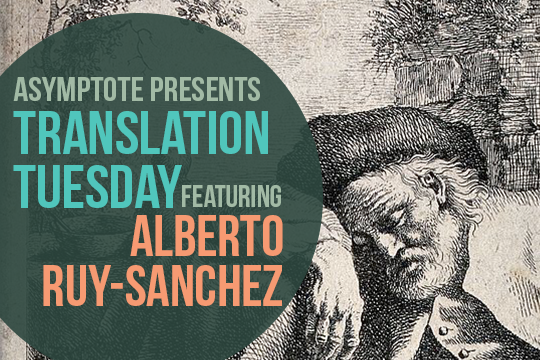In this haunting short story by Ricardo Lísias, the narrator contends with multiple stubborn memories, around which his narrative revolves. From an injured taxi driver in Buenos Aires, to overwhelming loneliness in Krakow, these memories are strung together to create a potent, overwhelming mixture.
I
I have determined why I am so upset by writers of clear sentences: they don’t struggle with memory. Their transparency denounces a simplistic intelligence. If someone cries because they are not able to render trauma into words then that person is a deep person.
I identified the root of my issue with clear-writing writers when I was in Poland. It is a very stark memory. I felt, standing more or less five hundred metres away from a small bus terminal in Krakow, the most intense loneliness I have ever experienced.
A year later, when I decided to dig up the loneliest moment in my life, I realized that it is not a bad feeling. It doesn’t hurt me or make me suffer.


